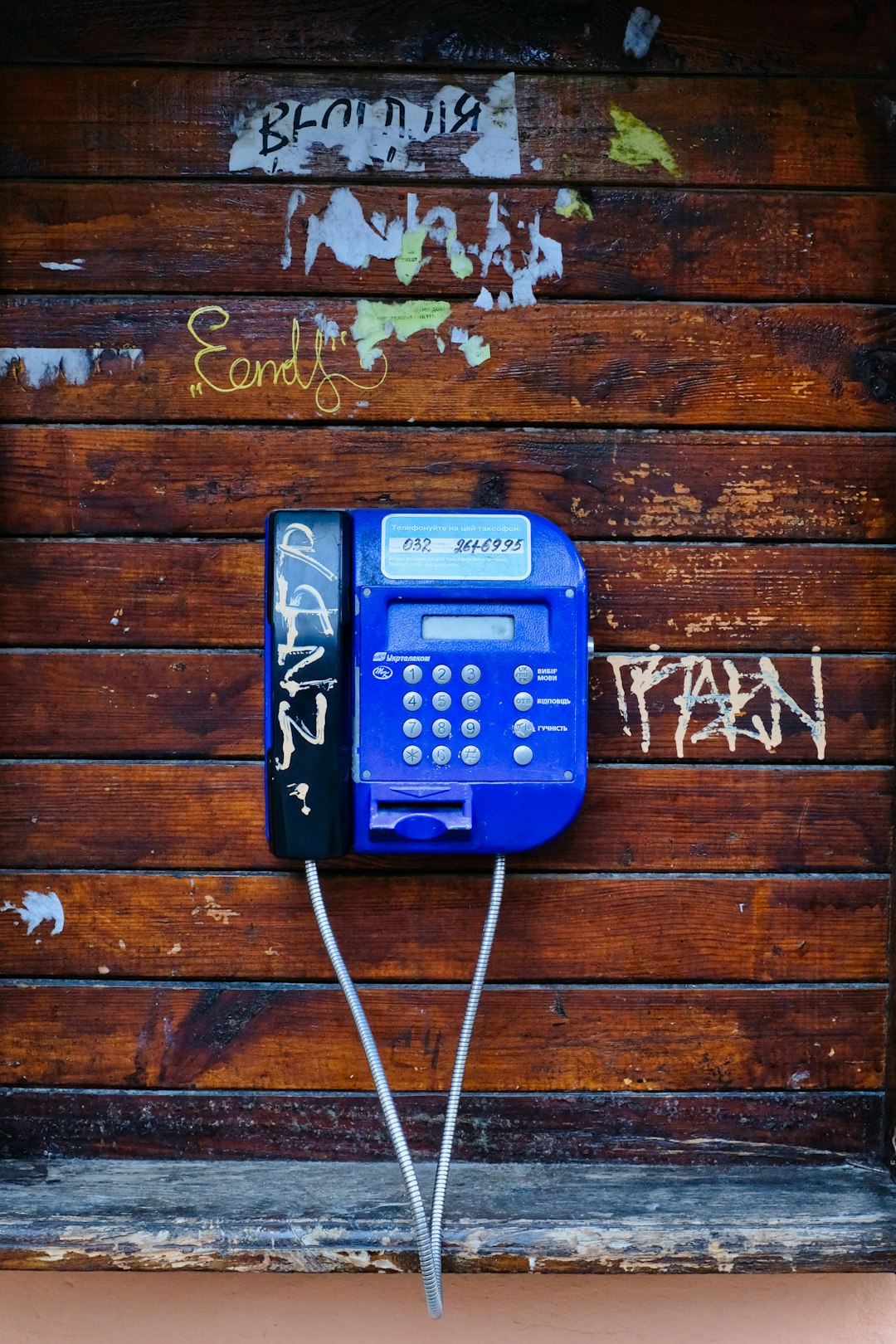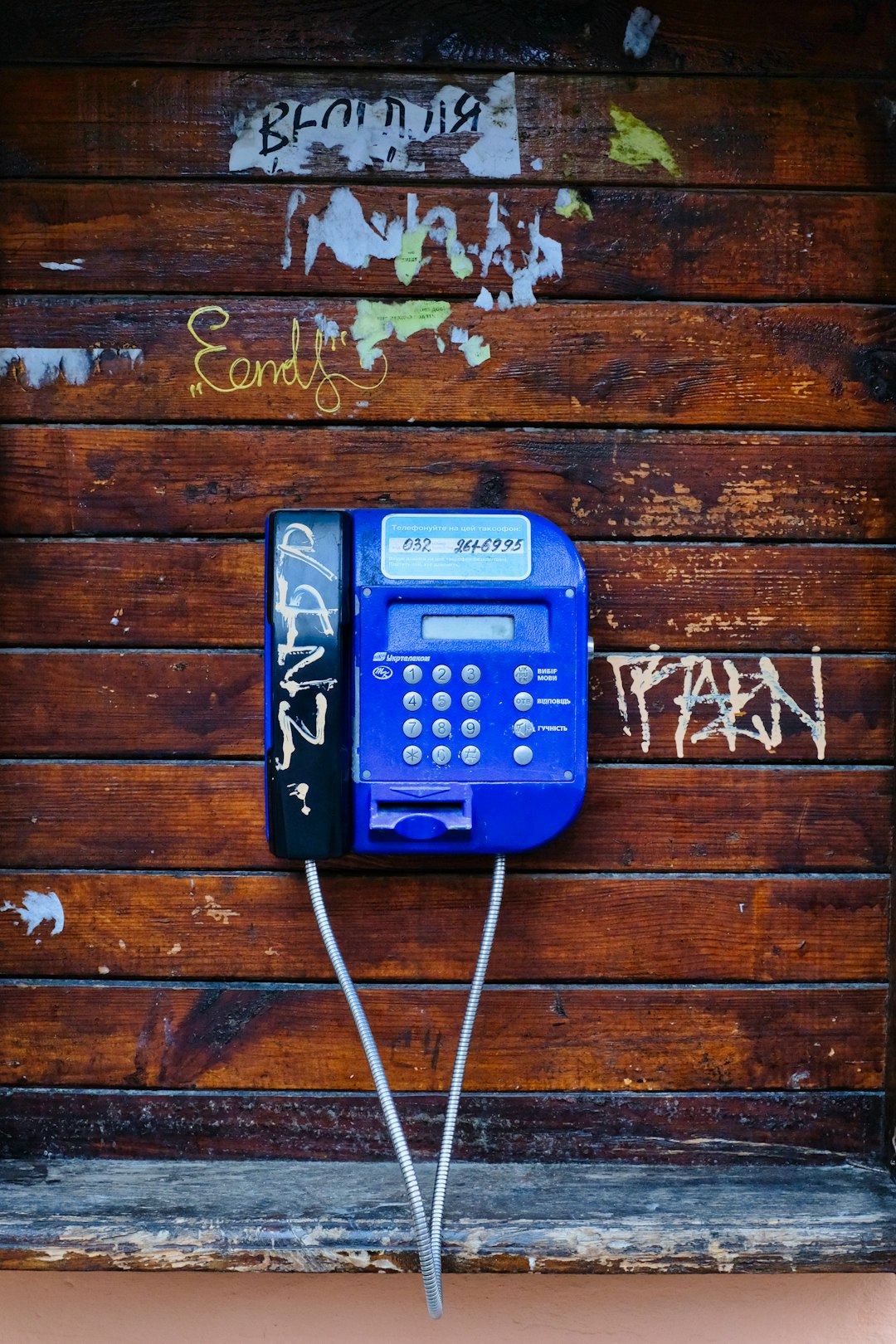Robocalls from law firms and telemarketers are a growing problem for businesses in Alabama, disrupting operations and productivity. To combat this, companies are adopting call-blocking apps that use advanced algorithms to filter out spam calls, including those from law firms, creating a smoother work environment. Alabama residents can also register for Do Not Call lists to limit unwanted legal telephone marketing. Businesses must understand and comply with strict DNC laws to protect consumers. Reputable robocall blocking apps follow these guidelines, ensuring compliance and enhancing customer satisfaction. Top choices include Call Hindering by Hiya, RingProtect, and TrueCall, providing effective solutions against relentless do-not-call law firm requests. Implementing robust robocall protection is crucial for businesses aiming to shield their operations from unwanted automated calls, following a step-by-step guide to navigate Do Not Call laws effectively in Alabama.
In today’s digital age, Alabama businesses face a persistent challenge from robocalls, which can disrupt operations and frustrate customers. Understanding and navigating these automated calls is crucial, especially with the ever-evolving landscape of consumer protection laws. This comprehensive guide explores Alabama’s Do Not Call laws and highlights the benefits of using robocall blocking apps to safeguard your business. We provide a detailed review of top apps and offer a step-by-step implementation guide, empowering Alabama businesses to reclaim control over their communication channels.
Understanding Robocalls and Their Impact on Alabama Businesses

Robocalls, automated phone calls often delivering pre-recorded messages, have become a pervasive nuisance for businesses and consumers alike across Alabama. While some robocalls offer valuable information, like updates from local services or alerts from government agencies, many are unsolicited sales calls from law firms, financial institutions, or telemarketers. These unwanted calls can disrupt business operations, waste employee time, and lead to decreased productivity.
In response to the growing issue of robocalls, Alabama businesses have been turning to call-blocking apps as a solution. These innovative tools use advanced algorithms and databases to automatically filter out spam calls, including those from law firms, ensuring that only genuine business calls reach their offices. By blocking these intrusive calls, businesses can create a smoother, more efficient working environment, freeing up resources for more productive tasks.
The Do Not Call Laws in Alabama: What Every Business Owner Needs to Know

In Alabama, businesses must comply with the state’s Do Not Call (DNC) laws, which are designed to protect consumers from unwanted telephone solicitations. The DNC law covers a wide range of telemarketing activities, including calls made for commercial purposes by or on behalf of any business, company, or organization. Business owners in Alabama should be aware that violation of these laws can result in substantial fines.
For businesses seeking to implement robocall blocking measures, understanding the Do Not Call laws is crucial. Many reputable robocall blocking apps and services align with these regulations, ensuring that businesses can protect their customers while staying compliant. By integrating DNC-compliant solutions, Alabama business owners can safeguard their operations from potential legal issues and enhance customer satisfaction.
Benefits of Using Robocall Blocking Apps for Alabama Businesses

Robocall blocking apps offer Alabama businesses a powerful tool to combat unwanted and spam calls, especially from law firms seeking new clients through automated means. By implementing these apps, businesses can significantly enhance their operations and customer experience. One of the primary benefits is reduced distraction; employees won’t be disturbed by relentless robocalls, allowing them to focus on core tasks and maintain productivity.
Furthermore, these apps contribute to cost savings by eliminating the need for expensive call blocking hardware or extensive IT configurations. With a simple integration into existing communication systems, Alabama businesses can ensure compliance with the Do Not Call law firms regulations, enhancing their reputation as responsible and customer-centric organizations.
Top Robocall Blocking Apps for Alabama: A Comprehensive Review

In today’s digital era, robocalls have become a ubiquitous and often annoying part of daily life, especially for Alabama businesses dealing with countless unsolicited calls from law firms and other telemarketers. To combat this growing issue, several robust robocall blocking apps have emerged, offering businesses in the Yellowhammer State a much-needed respite.
Among the top contenders, Call Hindering by Hiya stands out for its advanced AI capabilities that can identify and block not just robocalls but also spam texts. RingProtect, another popular choice, integrates seamlessly with home and business phone systems to filter out unwanted calls, including those from law firms seeking new clients. TrueCall, a well-established player in the market, provides users with real-time blocking of robocalls and offers features like call identification and screening, ensuring Alabama businesses can stay protected without missing any legitimate calls.
Implementing Robocall Protection: A Step-by-Step Guide for Alabama Businesses

Implementing robust robocall protection is a strategic move for Alabama businesses aiming to safeguard their operations and customer experiences from unwanted automated calls. Here’s a step-by-step guide tailored to Alabama business owners navigating the complexities of the Do Not Call laws:
1. Assess Your Needs: Identify the types of calls you receive, focusing on those that violate the Do Not Call law, typically including telemarketing and sales calls from law firms. Understand your business’s vulnerabilities to tailor a blocking strategy.
2. Choose the Right App: Opt for reputable robocall blocking apps designed for businesses. Look for features like call classification, real-time filtering, and blocklists that cater specifically to Alabama’s Do Not Call regulations. Ensure the app integrates seamlessly with your existing phone system.
3. Integrate and Configure: Install the selected app on all relevant business lines. Configure settings to align with your risk assessment, setting stricter filters for calls from law firms or specific areas known for spamming. Regularly update blocklists to address emerging robocall trends.
4. Train Your Team: Educate your employees about the new system, ensuring they understand how to identify and report suspicious calls. Encourage a culture of vigilance against robocalls, empowering staff to protect customer data and maintain business integrity.
5. Monitor and Adjust: Continuously monitor call patterns and the app’s performance. Regularly review blocked call reports to identify potential false positives or new robocall tactics. Adjust settings as needed to improve accuracy while minimizing legitimate calls.






